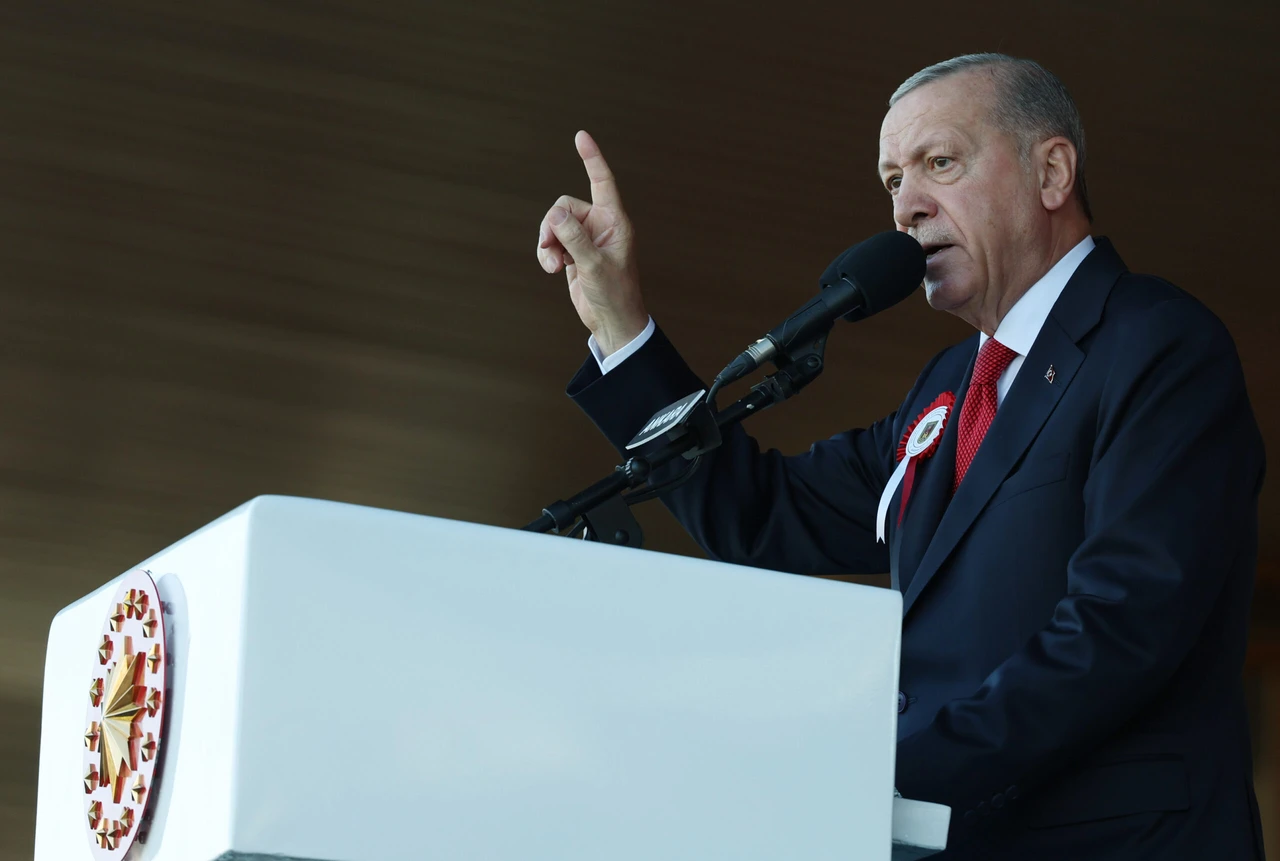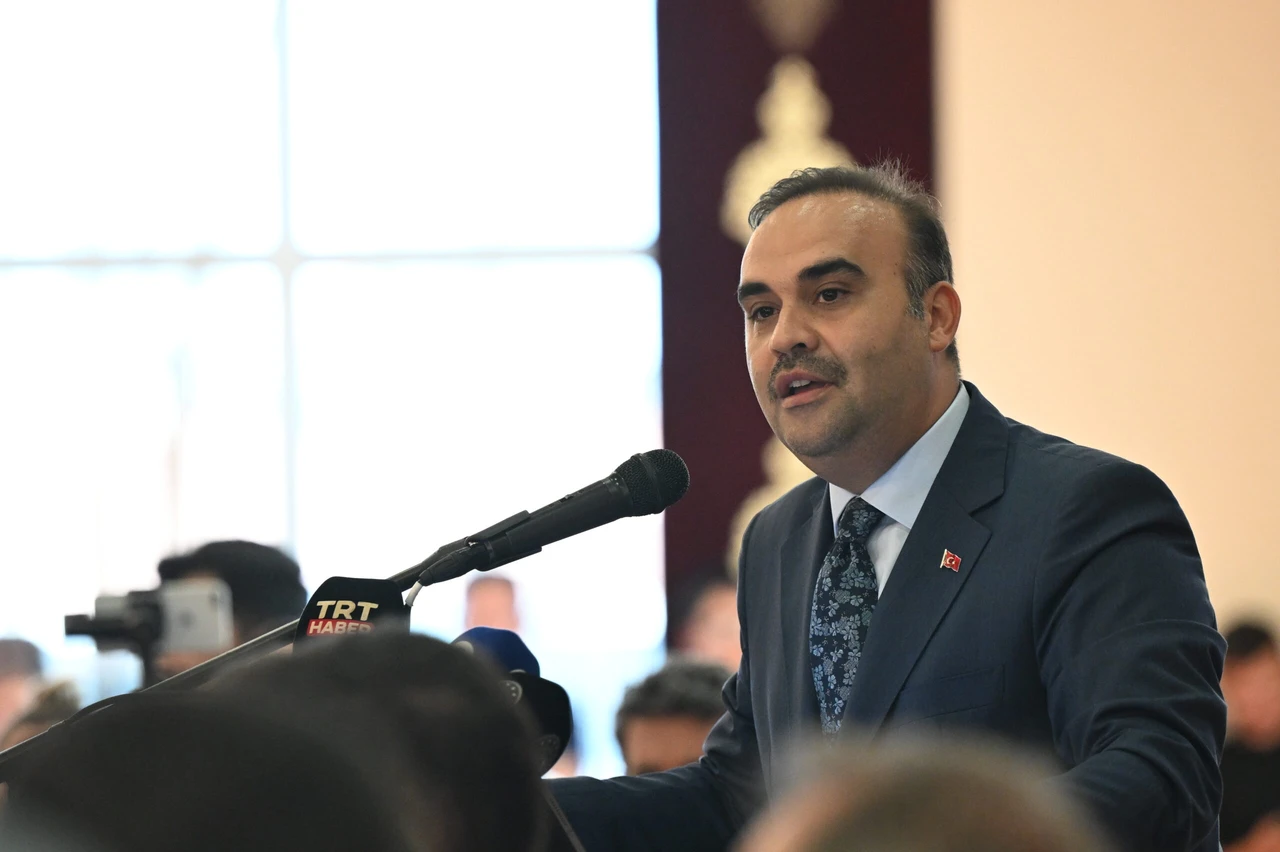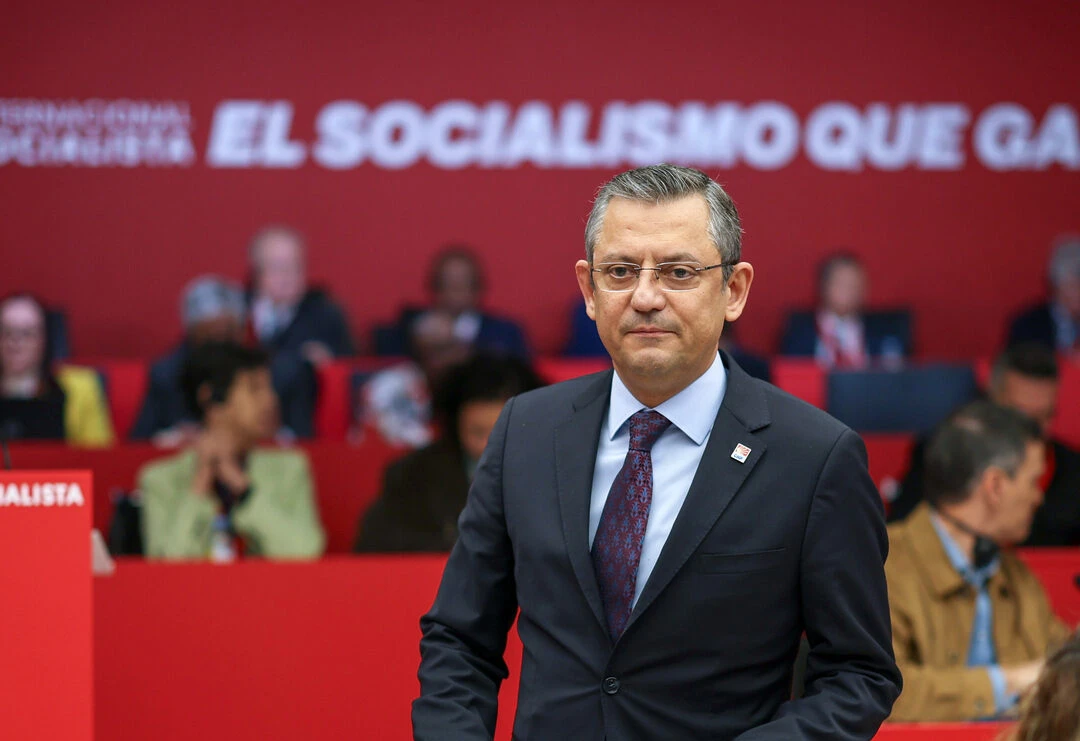Foreign Ministry’s research center organizes panel on link between theory, practice
Experts at a SAM panel in Ankara discuss the vital link between theory and practice in Turkish foreign policy, emphasizing the need for conceptual frameworks and the role of concepts in understanding and shaping global relations
The Foreign Ministry’s Center for Strategic Research (SAM) organized a panel in Ankara titled “Does Turkish Foreign Policy Need Theory? Seeking Dialogue Between Discipline and Practice”.
The panel, moderated by Foreign Ministry’s Chief Advisor and SAM President Nuh Yilmaz, featured speakers including professor Dr. Ersel Aydinli from Bilkent University’s Department of International Relations, professor Dr. Meliha Altunisik from Middle East Technical University’s (METU) Department of International Relations, and professor Dr. Haluk Ozdemir from Kirikkale University’s Department of International Relations.
Türkiye’s deputy foreign minister and director for EU affairs, Mehmet Kemal Bozay, ministry officials, and academics also attended the event.
Relationship between practice and theory
Aydinli stressed that the integration of practice and theory is not only a concern in international relations but also a fundamental issue in all disciplines.
Aydinli pointed out that Turkish foreign policy requires not just “theory” but, more importantly, “concepts” to guide its direction effectively.

Regarding the state of international relations theories during crises and their impact on politics, Aydinli said, “(Theories) can’t explain too much, predict too much, or, more importantly, have too much influence.”
Aydinli noted that this situation regarding theories is valid for different actors, evaluating it as a crisis caused by theories being developed solely as an intellectual exercise, disconnected from practice.
Aydinli also pointed out problems in the practical aspect, describing the crisis in practice as “the inability to move beyond the daily routine and drifting.”
Aydinli noted that theory is perceived as an “imported” concept in academia, emphasizing that theory is seen as a phenomenon produced in the West.
‘Theory debates in crisis’
Professor Altunisik highlighted the significant start of the panel with such an important topic.
Altunisik stated that theory debates are “in crisis,” adding, “Various expansions are being attempted in response to this.”
She mentioned the emergence of fields such as global international relations and global history, emphasizing that theory is not independent of time and space and reflects different experiences.

When conceptualizing Turkish foreign policy, Altunisik mentioned that they question what kind of actor Türkiye is, referring to the concept of “thresholdness.”
Altunisik mentioned that Türkiye’s “thresholdness” could also bring “relational and unifying” roles to Türkiye.
Considering Türkiye’s geographical location and historical background, Altunisik stated that Türkiye could also be evaluated in a different category among middle-sized powers, emphasizing the importance of comparison and conceptualization in studies and the need for more of these.
Using concepts as a persuasive tool
Ozdemir from Kirikkale University’s Department of International Relations emphasized the importance of the relationship between theory and practice, saying that theory can remain “a bit abstract.”
Ozdemir said that concepts provide the connection between theory and practice, “We need to start understanding conceptually first.”

In order to pursue long-term and consistent foreign policies, Ozdemir stressed the necessity of framing it within a conceptual framework, saying that the purpose of foreign policy doctrines is to conceptualize the desired action.
Ozdemir, pointing out that Türkiye is in a very variable geography, mentioned that crises can occur unexpectedly.
Emphasizing that it is not easy to theorize in this variable environment, Ozdemir pointed out problems such as the lack of continuity and instability in the neighboring region.
Ozdemir, assessing that most of the world’s important events occur around Türkiye, said that this prevents the emergence of continuity.
Highlighting that Türkiye’s geopolitical position has changed, Ozdemir mentioned that Türkiye, as a country at the intersection of the East and the West with an imperial past, can produce “unique” approaches to international relations by striving to understand the whole and synthesize opposites.
Established in 1995 under the Ministry of Foreign Affairs to provide scientific and intellectual consultancy to Turkish foreign policy, SAM operates as a think tank and research center.
Source: Newsroom



